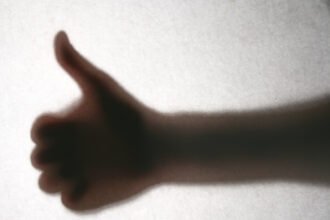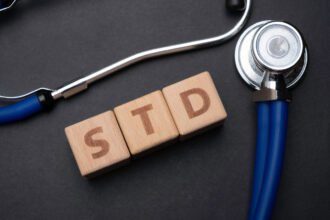At the beginning of the year, I wrote about superhero family members of patients suffering from rare and orphan diseases. These individuals amazed me with what they could accomplish. Everything from garnering major media attention to finding cures to diseases suffered by their loved ones.
At the beginning of the year, I wrote about superhero family members of patients suffering from rare and orphan diseases. These individuals amazed me with what they could accomplish. Everything from garnering major media attention to finding cures to diseases suffered by their loved ones.
Now I find myself in awe of another group-current or former Big “Pharmers” who take it upon themselves to tackle significant unmet patient needs, either by changing careers or in their spare time! Consider the two superhero “Pharmers” I ran into at the 3rd Annual World Orphan Drug Conference last week.
 Jason Fisher, a former Pfizer colleague of mine, who left Pfizer to form Mico Bio, a company dedicated to helping defeat Multidrug-Resistant Tuberculosis (MDR TB) by developing an inhalable vaccine. While most people think of MDR TB as a third world problem, it is increasingly making its way to the first world according to a recent article in the Wall Street Journal. Jason bootstrapped his company for several years and then got funding both from the NIH and investors. Last month, Jason received a patent on his vaccine. And he did all this with just one employee, using technology to stitch together the financing, R&D and legal help needed to prove his concept.
Jason Fisher, a former Pfizer colleague of mine, who left Pfizer to form Mico Bio, a company dedicated to helping defeat Multidrug-Resistant Tuberculosis (MDR TB) by developing an inhalable vaccine. While most people think of MDR TB as a third world problem, it is increasingly making its way to the first world according to a recent article in the Wall Street Journal. Jason bootstrapped his company for several years and then got funding both from the NIH and investors. Last month, Jason received a patent on his vaccine. And he did all this with just one employee, using technology to stitch together the financing, R&D and legal help needed to prove his concept.- Marisa Dolled-Filhart, PhD, who labors in a Big Pharma lab by day and volunteers for Rare Genomics Institute (RGI) by night. Founded by geneticist Jimmy Lin, RGI is a non-profit organization that combines personalized genomics research and innovative funding mechanisms to better understand and treat rare diseases. Patients register with RGI, confer with a patient advocate and get referred to a geneticist /researcher team who ultimately oversees their genetic sequencing. The costs of the genetic sequencing are raised via a crowd-sourcing mechanism where people can donate money to individual patients. RGI received significant press coverage when their efforts led to the discovery of a new disease in a young child named Maya.
Both Jason and Marisa are great examples how passion, fueled by technological innovation and a willingness to do things differently, can empower individuals to make major strides towards addressing unmet medical needs.
(image: pharma hero / shutterstock)


 Jason Fisher, a former Pfizer colleague of mine, who left Pfizer to form Mico Bio, a company dedicated to helping defeat
Jason Fisher, a former Pfizer colleague of mine, who left Pfizer to form Mico Bio, a company dedicated to helping defeat 







